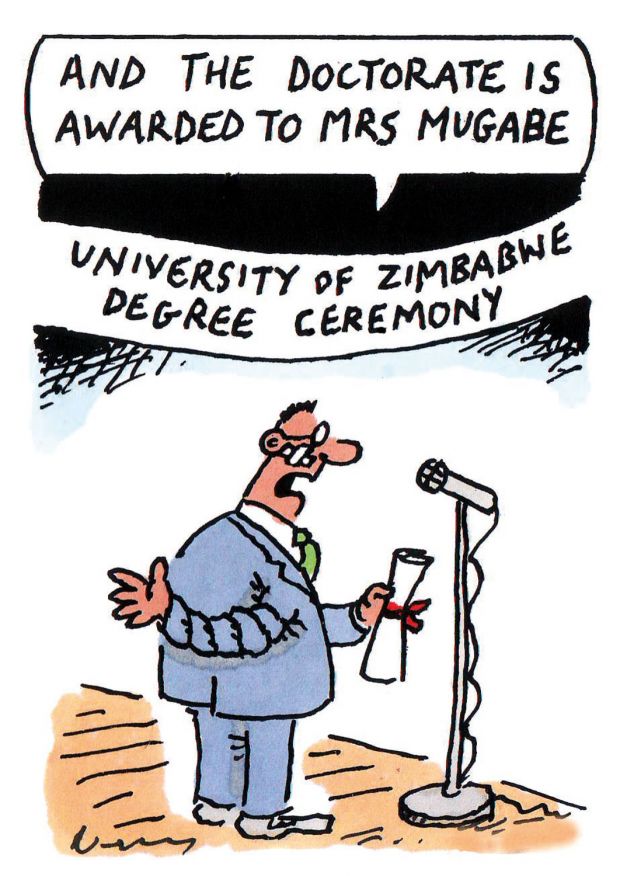
- The University of Nottingham’s vice-chancellor will look for answers after fire destroyed a £20 million chemistry laboratory. The GlaxoSmithKline Carbon Neutral Laboratory for Sustainable Chemistry, located on the university’s Jubilee Campus, was still under construction when it caught fire on the evening of 12 September. Sir David Greenaway, Nottingham’s vice-chancellor, praised the response of fire crews and the university’s staff in a blog post on 15 September. “There are lots of questions to be answered: how this fire started; why it spread so quickly; why the devastation was so total,” he wrote.
- To his critics, the academic credentials of former Northern Ireland first minister Dr Ian Paisley were about as sound as those of Dr Dre or Professor Green. Dr Paisley’s doctorate – famously an honorary degree awarded by US Christian institution Bob Jones University – featured in several of his obituaries last week. The late Simon Hoggart noted in a pre-written obituary in The Guardian on 12 September that the doctorate “came from a Bible college in the American south, and did not rank with one granted by Harvard, or even with a mail-order diploma”. Liam Clarke went even further in the Belfast Telegraph and alleged that it was “bought”. But even that article showed it was mission accomplished for the Democratic Unionist Party firebrand – he was referred to throughout as “Dr Paisley”.
- There was more news on politicians and PhDs from Zimbabwe, where the achievement of one student in gaining a sociology doctorate in just months attracted stunned reactions from press and public. Who is this academic powerhouse? The shine may come off when you hear it is Grace Mugabe, wife of Robert Mugabe, Zimbabwe’s president. And she gained it at the University of Zimbabwe: chancellor one R. Mugabe. Zimbabwe’s Standard reported on 14 September that she had registered for the doctorate “a few months ago”, adding, delicately, that news of her graduation was “received with surprise, even shock, by many who marvelled at how quickly she had worked on it and graduated”.
- Why do academics in Scotland divide so strongly by subject on the issue of independence? Reflecting on Times Higher Education’s poll of 1,000 university staff north of the border, which was widely reported last week, George Philliskirk thinks the answer is simple. In a letter to The Times published on 13 September, Dr Philliskirk, from Burton upon Trent, wrote that “academics from science, maths and engineering disciplines (‘no’ voters) are more likely to apply evidence-based reasoning and rational thinking to their deliberations”. That compares with the “emotive, irrational instincts of their arts and humanities colleagues (‘yes’ voters)”, he adds. Unlike the Scottish independence question, to be resolved this week, it seems the debate on the academic merit of the liberal arts v the supposedly more challenging sciences will not be settled for some time.
- Overseas visitors to the University of Cambridge are often beguiled by its ancient quadrangles and quaint traditions. One who clearly isn’t is João Magueijo, professor of physics at Imperial College London, whose new book ridiculing Britons as “animals” who drink until “totally out of control” pulls no punches on his alma mater. Professor Magueijo, whose book Bifes Mal Passados (Undercooked Beef) is a best-seller in his native Portugal, relates tales from his seven-year stay in Cambridge. At a formal dinner he watched a young woman throw up, before she started “eating, drinking and shouting nonsense as if nothing had happened”, while at another event a woman fondled him under the table before adjourning to the bathroom to perform a sex act on a male undergraduate and then returning to the dinner. But Professor Magueijo went native, reported the Daily Mail on 16 September. After one boozy dinner at St John’s with the master of the college he fell asleep, awoke and then vomited. The Portuguese continued: “But not just any old way. No sir: I projectile vomited on to the Master’s wife.”
Register to continue
Why register?
- Registration is free and only takes a moment
- Once registered, you can read 3 articles a month
- Sign up for our newsletter
Subscribe
Or subscribe for unlimited access to:
- Unlimited access to news, views, insights & reviews
- Digital editions
- Digital access to THE’s university and college rankings analysis
Already registered or a current subscriber? Login
